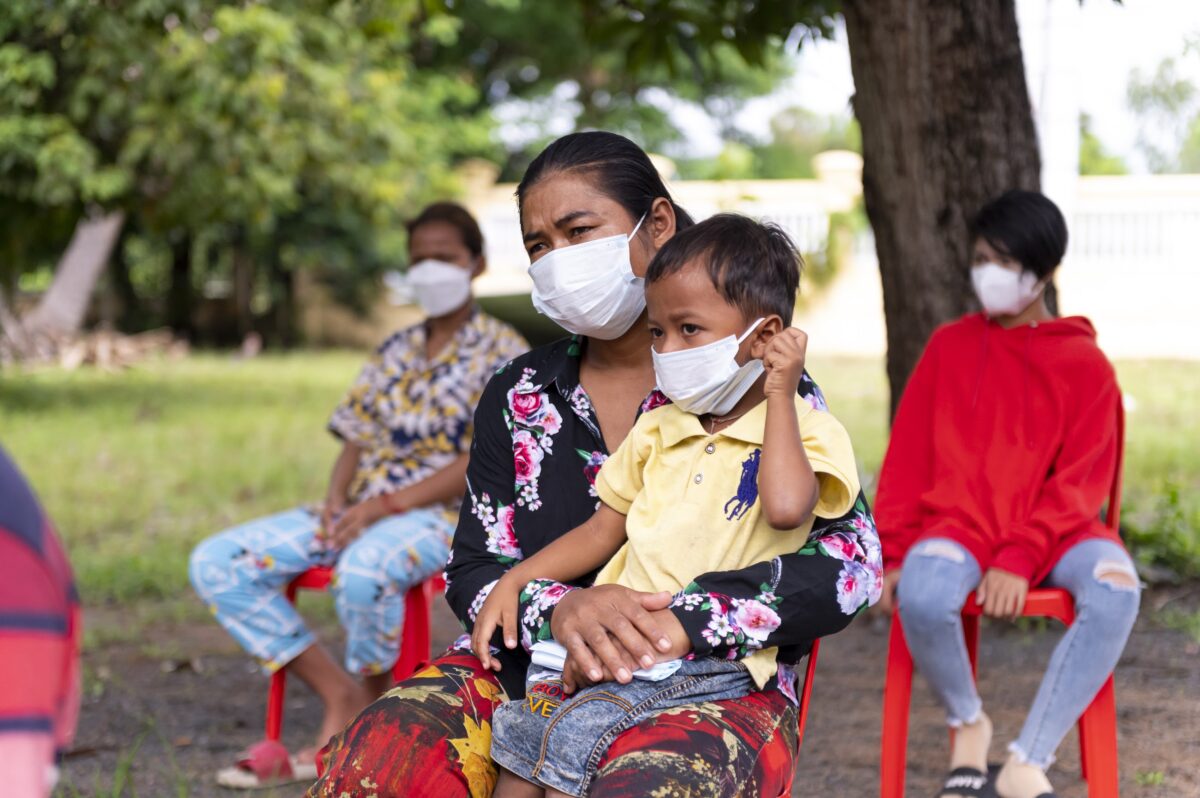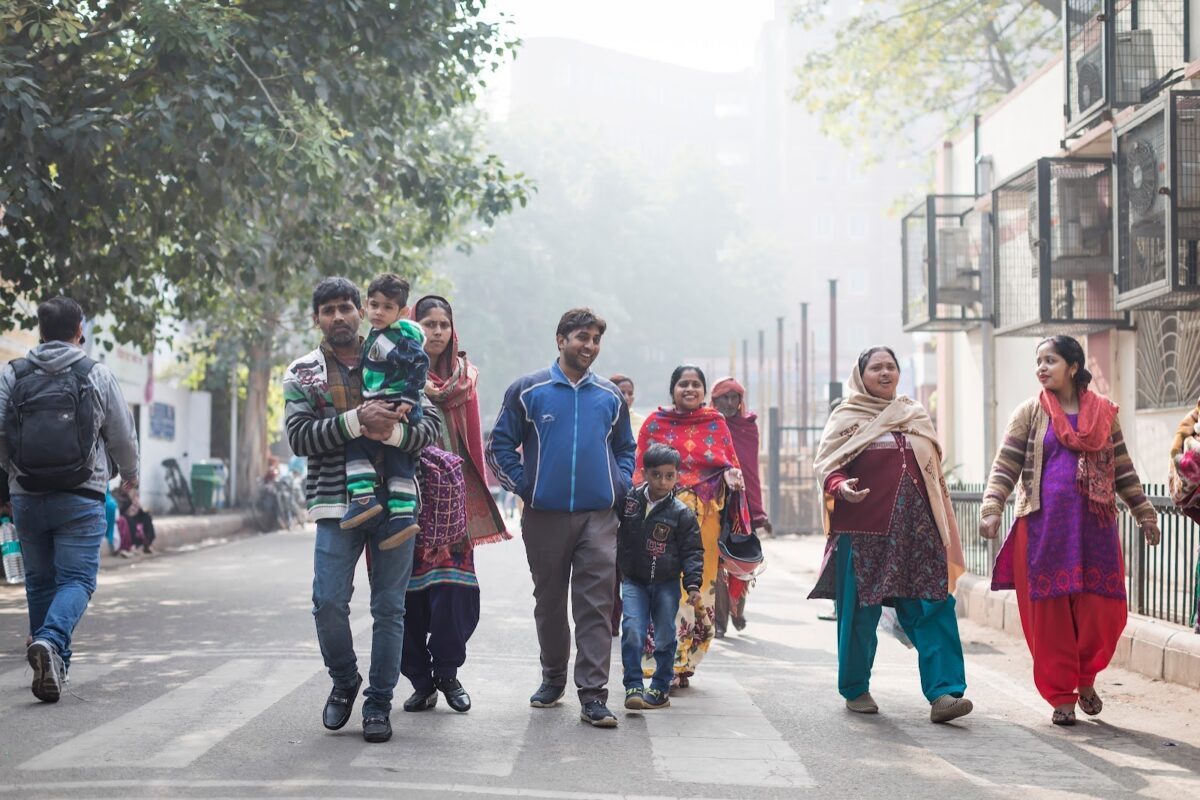This discussion brief for a FIND and Jomo Kenyatta University of Agriculture and Technology (JKUAT) dissemination meeting on May 2021 focused on the riders of bicycles and motorcycle taxis, commonly known as boda bodas, in Nairobi, Kenya.
The operational research study used digital solutions, in conjunction with Ag-RDTs, to support decentralized COVID-19 and TB testing and linkage to healthcare of the subjects.
It aimed to:
- Create demand for testing among boda-boda riders.
- Identify potential cases of COVID-19 and TB using a digital screening tool and link them to testing and care.
- Measure COVID-19 and TB positivity rates among boda-boda riders.
- Evaluate the performance of the Ag-RDT against RT-PCR.
- Assess the effectiveness of the digital tool for comprehensive data capture.
The study was implemented jointly by JKUAT and MoH, in four counties: Machakos, Kiambu, Nairobi and Kajiado.
The Boda-Boda Safety Association of Kenya (BAK) played an indispensable role in demand creation, and digital messaging was also used for sensitization.
A total of 5,663 boda-boda riders enrolled in the study, all of whom received a general medical check that included measuring blood pressure and blood sugar.
There was high demand for community-based testing services not only among riders, but also from passers-by.
Following digital screening for COVID-19 and TB symptoms, 4,946 participants were selected for COVID-19 testing, with 372 of these also tested for TB .
Significant findings
Notable findings include:
- A high prevalence of non-communicable diseases, and a relatively low national health insurance coverage, with 42% of riders having elevated blood pressure, and 48% abnormal blood sugar.
- An overall COVID-19 positivity rate of 1% was found among those tested with Ag-RDTs. Of the participants who also received a PCR test, the overall positivity rate was 5%. There were differences between the four counties.
- Of those tested for TB, no cases of COVID-19 and TB co-infections were found. However, more than half the participants reported respiratory symptoms.
What are the recommendations?
- There is strong interest in, and uptake of, diagnostic services at community level, which could be leveraged to expand access to testing.
- Integration of COVID-19 screening with screening for other respiratory diseases, such as TB, can optimize the value of community-based testing.
- Boda-boda riders should be a priority group for health interventions.
- Digital solutions can enhance delivery of decentralized diagnosis.
Read full report here



